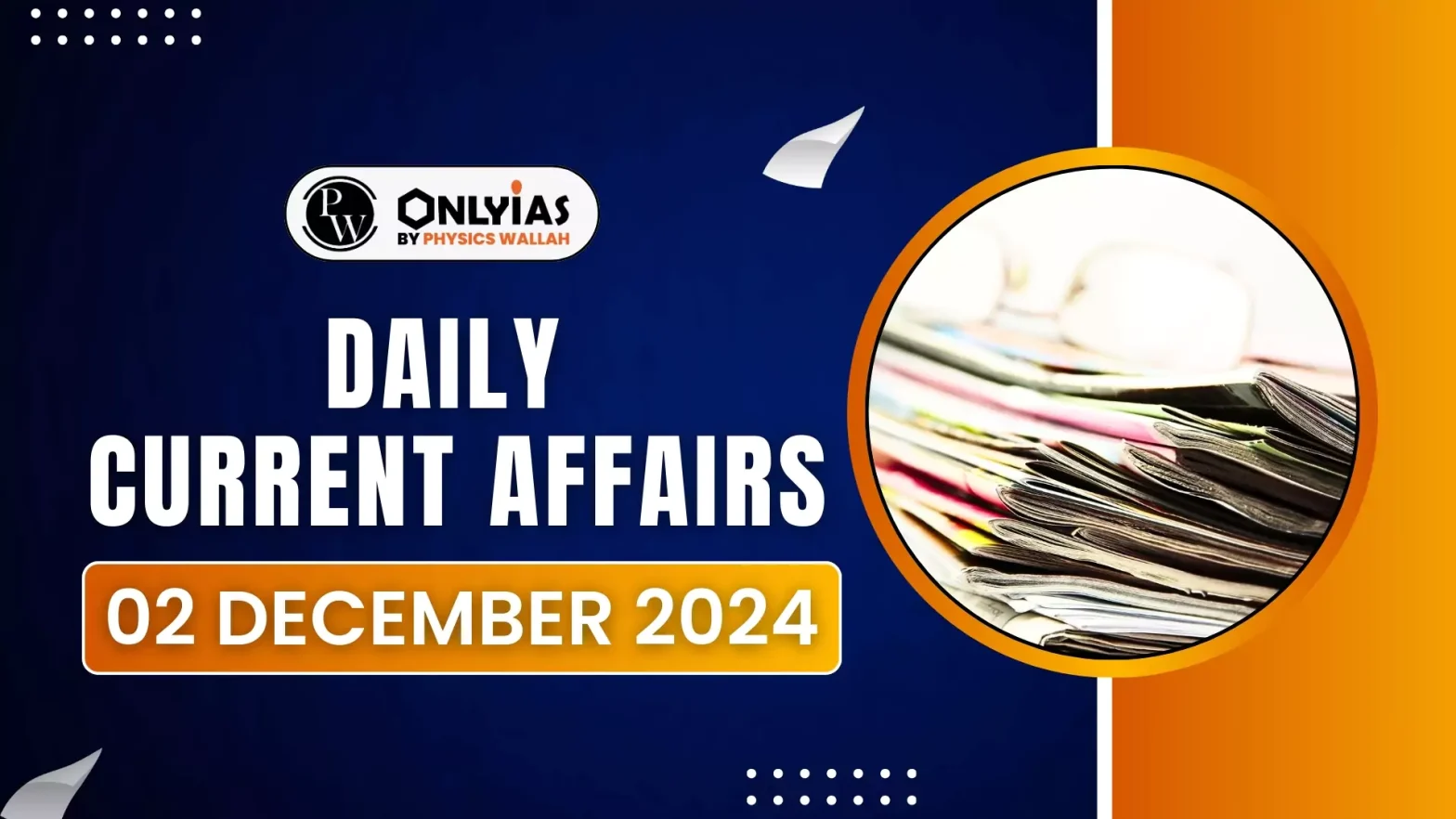Despite a week of negotiations at the UN Intergovernmental Negotiating Committee (INC-5) in Busan, South Korea no consensus was reached on a framework agreement, with significant disagreement over production cuts.
- Delegates from nearly 170 countries gathered for INC-5 to discuss eliminating plastic pollution.
Key Issues which led to Disagreement
UN Intergovernmental Negotiating Committee (INC-5)
- Origin: Established in 2022 by the UN Environment Assembly (UNEA) in response to the global plastic pollution crisis.
- Objective: To develop an international legally binding instrument on plastic pollution, addressing the full life cycle of plastic, from production to disposal.
- Goal: To reduce plastic pollution, particularly in marine environments, and promote sustainable plastic management practices.
|
Enroll now for UPSC Online Classes
- Disagreement on Plastic Production Cuts: A group of countries, including the European Union, argued for reducing plastic production as critical to tackling plastic pollution.
- Opposing nations, such as Saudi Arabia and Kuwait, viewed such measures as economic restrictions rather than environmental action.
- India opposed regulating primary plastic polymer production, citing developmental rights and economic implications.
- Divergent Interpretations of Mandate: Some delegates accused others of stretching the treaty’s mandate to include trade restrictions and commercial competition under the guise of environmental concerns.
- Contentious Targets: The draft treaty included year-wise targets for phasing out single-use plastics and specific chemical compounds in plastic products, which some nations found unacceptable.
India’s Position on the Treaty
- India opposed measures to regulate primary plastic polymer production, emphasizing its implications for development.
- Highlighted domestic actions, including bans on short-lived plastic products and robust extended producer responsibility (EPR) regimes.
- EPR is a policy approach that makes producers responsible for the entire lifecycle of their products, including post-consumer waste management.
- EPR implementation in India is governed by the Plastic Waste Management Rules, 2016. These rules mandate that producers, importers, and brand owners are responsible for collecting and recycling their plastic waste
- Committed to sustainable plastic packaging and reducing virgin material use but not at the cost of production targets.
Future Negotiations and Concern
- Negotiations will resume in 2025, tentatively titled INC-5.2, the draft text synthesized at the end of INC 5 may serve as the basis for future discussions.
- Observers worry about further delays and reduced ambition, particularly with anticipated changes in U.S. leadership under the Trump administration.
- Growing concern that economic interests of petrochemical-producing nations could stall meaningful action on plastic pollution.
Check Out UPSC NCERT Textbooks From PW Store
Way Forward
- Promote Inclusive Dialogues: Facilitate transparent and inclusive consultations among nations to address concerns about economic impacts and developmental rights, fostering a balanced approach to production regulations.
- Strengthen Open-Access Technology Sharing: Encourage global collaboration to share sustainable technologies and practices for reducing plastic use and developing alternatives, minimizing reliance on virgin plastics.
- Focus on Phased Targets: Develop realistic, phased targets for production cuts and plastic alternatives, allowing nations to transition gradually without compromising development goals.
- Enhance Monitoring and Compliance: Establish mechanisms to monitor and address non-compliance while ensuring the treaty remains adaptive to emerging technologies and scientific advancements.
Additional Reading: Global Plastic Treaty
![]() 2 Dec 2024
2 Dec 2024
